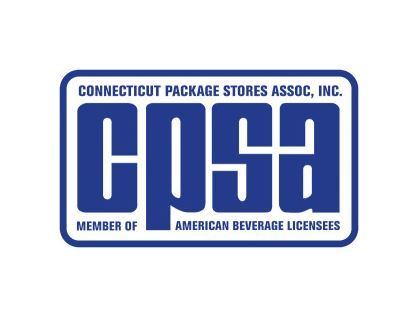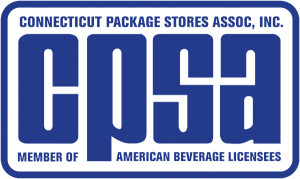

Sean Hughes, Account Director, Connecticut Package Stores Association.
By Sean Hughes, Connecticut Package Stores Association
Can the recycling of 80% of Connecticut’s wine and liquor bottles be achieved? By now, everyone knows that the “bottle bill” was recently changed by the legislature to add more products and increase the fees associated with the program.
What most people may not know is that Section 8 of the bill that made these changes, (Public Act 21-58), requires that the Department of Energy and Environmental Protection (DEEP) develop terms of a Memorandum of Agreement (MOA) to have not less than 80% of Connecticut’s wine and liquor bottles recycled and processed in-state, either by being melted down or processed as recycled glass to be used in other products: these products can be anything from cement to fiberglass.
This section was placed in the bill as an alternative after arguments were made at the State Capitol for the better part of two years, to include the wine and liquor bottles into the state’s bottle bill.
DEEP is in the process of holding stakeholder meetings to discuss the potential recycling options that have been suggested to them by different entities in the state. Some of these options include adding wine and liquor bottles into the bottle bill, having the Wine & Spirits Wholesalers of Connecticut operate a product stewardship system (similar to the current “nip” program, Don’t Trash Connecticut – Nip it in the Bin!, a five-year initiative between Three Tiers for Connecticut, a not-for-profit organization representing the three tiers of the wine and spirits industry including suppliers, wholesalers and Connecticut’s package store retailers, in collaboration with nonprofit Live Green Connecticut) and creating dual stream recycling (which would separate the recyclables at the curb into the truck).
At the initial stakeholder meeting it was announced that DEEP does not have the authority to enter into a Memorandum of Agreement with private entities. The department can only sign an MOA with government agencies. This is a major development and it will have implications for the legislature.
 The discussion at the stakeholders’ meeting centered around the current collection process for wine and liquor bottles, which is the curbside recycling bins that consumers have been using for decades. The package stores, spirit wholesalers and trash haulers all agreed that this current recycling system is working. Not long ago, glass shards were becoming a problem in recycling with the limitations in technology.
The discussion at the stakeholders’ meeting centered around the current collection process for wine and liquor bottles, which is the curbside recycling bins that consumers have been using for decades. The package stores, spirit wholesalers and trash haulers all agreed that this current recycling system is working. Not long ago, glass shards were becoming a problem in recycling with the limitations in technology.
However, recent technological improvements have been made at material recovery facilities (MRFs), including a new state-of-the-art facility that will open in central Connecticut this spring, that can better process single stream glass.
There is a processing facility in the Naugatuck Valley that turns the glass into a fine sand-like material that is used in concrete. The crushed glass is a greener and stronger form of concrete than traditional methods.
This news is encouraging, as it shows that the current collection process is working and that a product can be made from curbside glass, so there is no need to include the wine and liquor bottles in the bottle bill.
Since DEEP is not able to legally enter into a MOA with private entities, the department will be writing a report based on the information obtained in these stakeholder meetings. This report will be given to the Environment Committee of the General Assembly and it will be left to the Committee’s discretion as to what next steps they wish to take.
CPSA is always monitoring for developments affecting the industry within and outside of the legislative session. Our association in Connecticut is fighting every day for the rights of locally owned package stores across Connecticut. Support these efforts by joining CPSA today at CTPSA.com/join-cpsa/.



